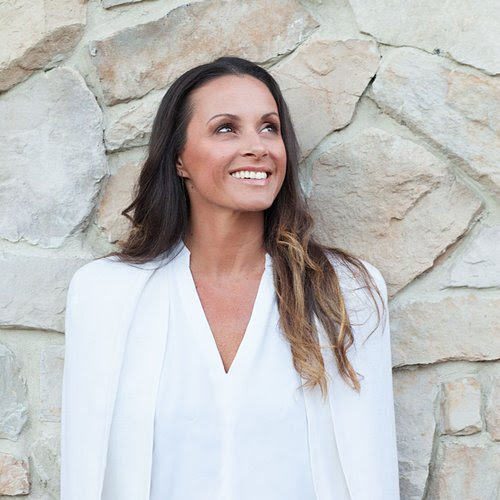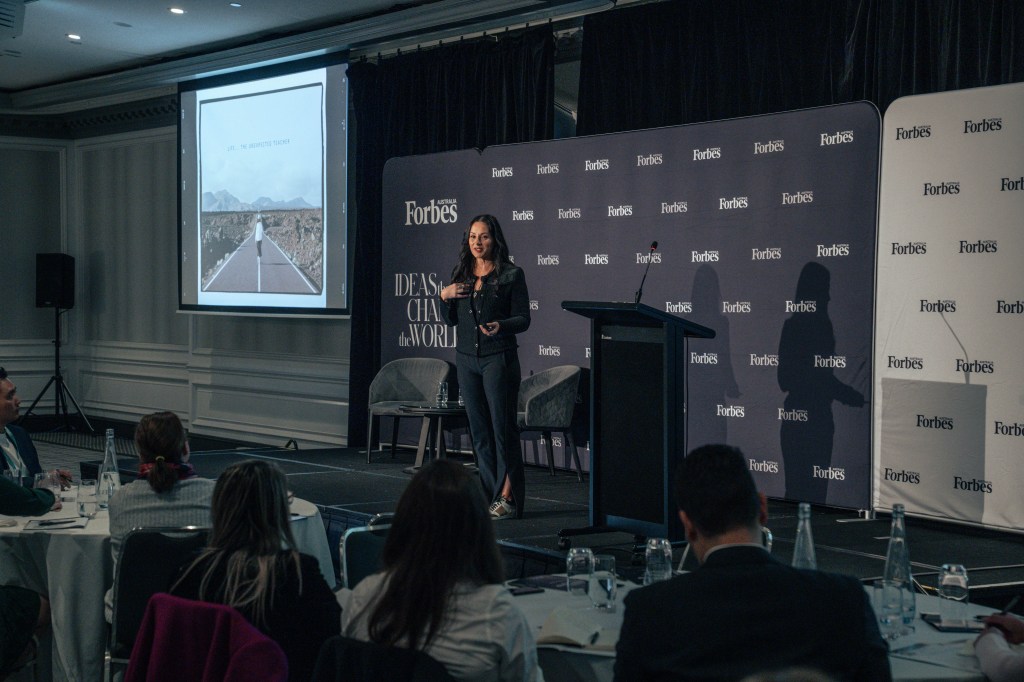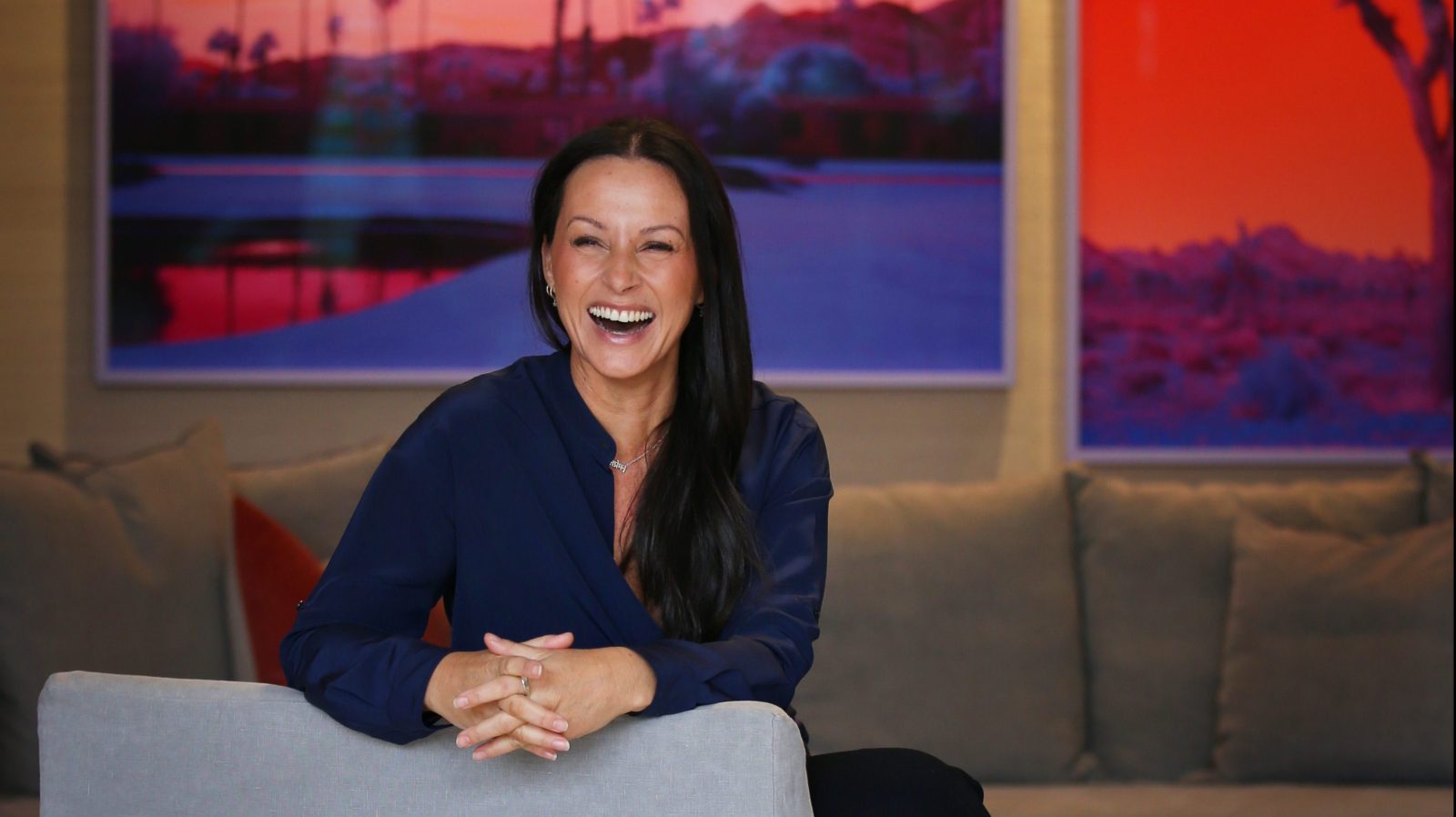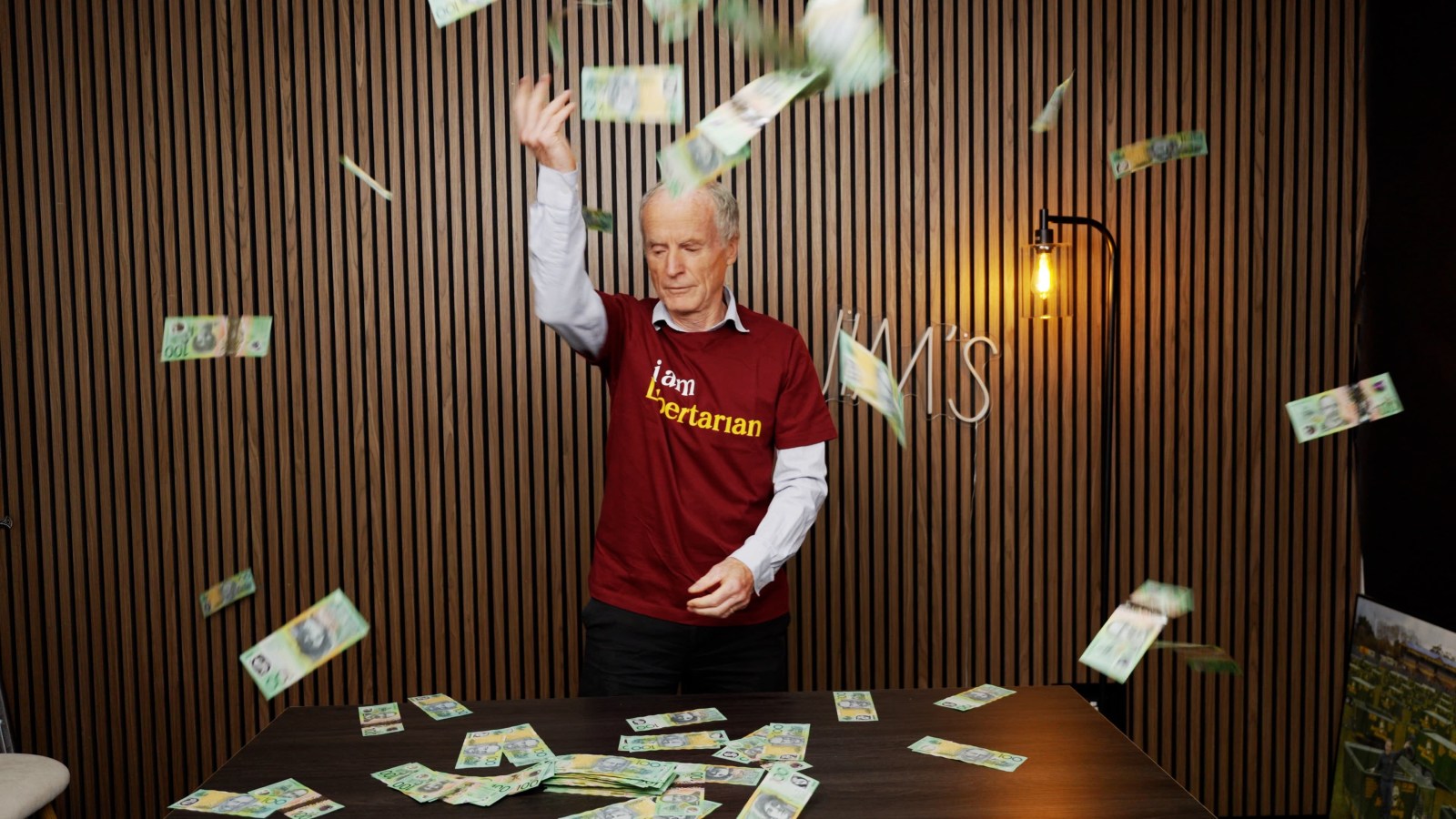Jacinta McDonell took on the Australian licence of US gym franchise Anytime Fitness in 2008. It had scaled to 425 clubs by the time she exited in 2018. She now focuses on leadership training and helping founders. She shared her key lessons at the Forbes Australia Leadership Forum.

The first key to success that Jacinta McDonell wants to share is: go with your gut. “We need to be able to trust our intuition and distance ourselves from the noise of what others are trying to tell us. I’m very grateful my brother and I had each other.
She and her brother, Justin, had been facing the constant rejection of potential investors but they ploughed on, got some backing, got the licencing agreement with Anytime Fitness and the US and within a decade had far surpassed their nearest competition.
The McDonell’s parents had owned gyms so they’d grown up in the industry. They owned a couple of clubs in Sydney when Justin had thrown a US franchising magazine at Jacinta in 2007. Jacinta saw Snap Fitness and Anytime and was convinced she’d seen the future.
They went to the US to try to get the licence for either of the franchises. It took a year to convince Anytime to give it to them.
They didn’t have enough money to convince Anytime to give them all of Australia and New Zealand. So they tried to raise money within their network of people in the fitness industry. Jacinta recalls: “We got, ‘It’s a stupid idea.’ ‘It’s not going to work.’ ‘There’s o way I’m giving you money,’ We got that over and over and over again.
“My brother and I were like, ‘Somebody’s crazy.’ We think they’re crazy. We truly believed this was the absolute next thing in the fitness industry. Fitness First had 93 clubs and were dominating.”
Jacinta McDonell
They backed themselves. Found some backers. And got the agreement. Promising to have 350 clubs in three years. It’s now over 500.
She gets asked all the time: why does Anytime have 500 clubs and the nearest competitor only 200? “The focus absolutely was, if the franchisees are successful, the whole thing works. We have very successful franchisees, and we knew they’d open their second, third, their fourth and fifth … we’ve got some in the network with 15 clubs because it works.”
In 2009, she was trying to fall pregnant. The doctor asked about her stress. She said it was fine. She was still training at the gym. The doctor wanted her to try yoga to relax. She thought it was torture. At first. Within months though she was obsessed.

“The reason I’m talking about it now is that it shifted something in the way I saw the world. It changed my self-awareness, my ability to be in a challenging situation and recognise what was going on in my mind.”
She now thinks of that self-awareness as a leadership skill. “You need to be self-aware and able to self-regulate … we’ve had a shitty day, we’re fired up about something, it trickles down into the organisation.”
Related
She says that if you can’t self-regulate you can’t use the higher functioning parts of the brain that are needed for planning.
Working with start-ups in her Founders Path she focusses on such ways of thinking. “We work with founders trying to make big decisions. We get this all the time: ‘how do we know if I’m making a decision with my intuition or with my ego?’
“If you’re making a big decision truly with your intuition, you will feel expansive, you’ll feel like you’re being pulled towards new possibility. You will feel like you’re being pulled towards the decision even though it will feel really, really scary.”
Jacinta McDonell
“Versus an egotistic decision you will feel contracted. In your body you will feel like there’s nothing you can do. There’s no new possibility. And you have to just push yourself to make the decision, but generally it’s not congruent in your body. And when you’re doing it, you’re thinking, ‘I shouldn’t be doing this.’
“You need self-awareness and self-regulation to get clarity.”
Her other lesson: Be yourself. “The more we can step into what makes us truly different, the more we lean into our most authentic self, the more we’ll find ourselves in a position where we are the only person for the job … and the opposite is true: the more we lean away from what makes us different and just try to emulate someone else, the more we find ourselves in a position where we are not the person for the job because we’re like everyone else.”




